Best Poultry Breeds for Egg, Meat, and Dual-Purpose

If you are just starting a poultry farm, then you should know that your choice of poultry breed is very important in poultry farming.
The type of chicken breed you select for your poultry farming business will depend on what you want to achieve.
Or better put, it will depend on the type of poultry products you wish to produce – egg, meat, or both.
Basically, there are hundreds of highly productive poultry breeds available around the world from which you can select from.
While some chickens are famous for being prolific egg layers, some are popular for meat production.
At the same time, some poultry breeds are famous for both meat and egg production.
In this post, you will find the three basic types of poultry breeds on the basis of their productivity.
This will guide you to better select the best poultry breeds for your farm.
If you are ready for this, let’s dive right in.
Classification of chicken poultry breeds according to their productivity
This classification of poultry breeds refers to the grouping of all kinds of chickens according to their productivity and commercial value.
While some of these breeds are good for meat production, some are best at producing eggs.
As for the final category of poultry breeds, they can serve for both meat and egg production.
However, the more specific a breed is the better.
What this means is that if a chicken breed is specific for meat production, then it will develop in such a way that it has more flesh and high carcass weight.
On the other hand, if the poultry breed is specific for egg production, then it produces more eggs in a year than every other breed.
Following the above discussion, we can therefore classify poultry breeds into three groups or categories.
- Layers of egg productive chicken breeds
- Broilers or Meat Productive Breeds
- Dual-Purpose Poultry Breeds
1. Layers or Egg Productive Chicken Breeds
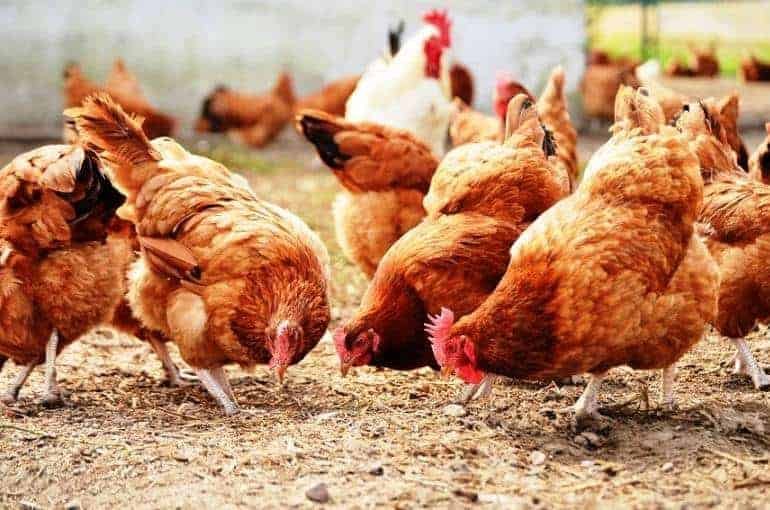
If you are a poultry farmer who wants to go into the egg production business, then you should consider selecting one of these breeds.
Some highly egg productive breeds are Leghorn, Minorca, Ancona, Fayoumi, Isa brown, Babcock, Star cross, Lohmann, etc.
Layer chickens or egg-productive breeds are best for egg production because they lay more eggs than other breeds.
Almost all types of commercial layer poultry breed start laying eggs within five to six months of age.
From then on, they continuously lay about 275 to 300 eggs per year.
Some strains even lay as many as 330 eggs per year.
Read this article to see a list of the 12 Best Chicken Breeds for Egg Production.
Characteristics of the layers of poultry breeds
- Layers of poultry breeds weigh less in comparison with other poultry breeds.
- They gain sexual maturity earlier than other breeds.
- Layers do not tend to sit on their eggs as often as possible to incubate them. As a result, they continuously produce more eggs.
- This category of poultry breeds starts laying eggs within five to six months of age.
- They have very high efficiency in converting food to eggs.
- Egg productive chickens contain less fat in their body.
- Their egg-producing power is very high.
- The most interesting fact is that they lay big-sized eggs.
2. Broilers or Meat Productive Poultry Breeds

For farmers who want to go into the business of producing poultry meat in large quantities, then you must select broiler chickens.
Some of the best commercial breeds of broiler poultry include Starbro, Plymouth rock, Cornish, Sussex, Hy-line, Brahma, Rose broiler, Asil, Cochin, etc.
Broiler chicken breeds are best for only meat production purposes because their meat becomes very soft and tasty.
Also, they quickly gain weight, reaching about 2 to 2.5 kg within their 7 to 8 weeks of age, consuming about 4 kg of food.
What this means is that within 8 weeks of keeping broiler chicken breeds, they become suitable for marketing.
Characteristics of broilers or meat productive poultry breeds
- Broilers weigh much more than other poultry breeds of the same age group.
- These birds may still have the ability to lay some eggs, however, they do not incubate their eggs.
- The broiler chicken breeds have good efficiency at converting food to meat.
- Commercial broiler breeds grow very fast and reach market size within a short period of time.
- This breed tends to contain a lot of fat in its body.
- As highlighted earlier, the egg production power of this breed is very low.
- Broilers tend to grow very big in size and attract high prices in the market.
3. Dual-Purpose Poultry Breed
Homesteaders are the ones who mostly keep the dual-purpose poultry breeds.
This is because they enjoy the luxury of having both meat and eggs from the same birds.
Among the most popular dual-purpose breeds for both meat and egg production are New Hampshire, Australorp, Rhode Island Red, Plymouth Rock, etc.
Dual-purpose poultry breeds have the capacity to lay a sufficient amount of eggs and still grow big enough for meat.
Characteristics of dual-purpose poultry breeds
- These types of poultry breeds are of medium size.
- They weigh high.
- Dual-purpose poultry breeds may have a trend for hatching their eggs.
- However, they lay fewer eggs than egg productive breeds.
- Also, they contain a proper ratio of fat in their body.
- This breed grows very well.
- And they also gain maturity pretty fast too.
Conclusion
Depending on the type of poultry farming business you want to profit from, selecting the right poultry breed is very important for success.
There are three different types of poultry breeds you can choose from based on their productivity or commercial use.
You may choose to rear layers chicken if you want to go into the poultry egg production business.
Otherwise, you should definitely select one of the commercial broiler breeds if you are producing meat.
The last choice is the dual-purpose poultry breed that serves for both egg and meat production.
I hope this post helps you to know which breed you should select for your poultry farming business.
So, if you find this article helpful, please use the social media icon on your screen to share it with other people you know.
And don’t forget to like us on Facebook.
Cheers.
- What do Chickens Eat to Grow Big?

- What is a Broiler Chicken?
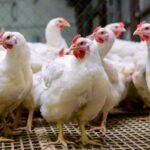
- How to Make The Best Organic Chicken Feed For Your Farm
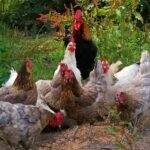
- What is a Pullet chicken?
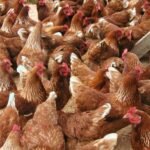
- What Can You Feed Chickens to Make Them Lay Eggs?

- 15 Awful Reasons Why Your Chickens Are Not Laying Eggs Yet And Solution
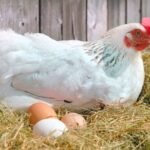
- Poultry Farm Equipment: All You Need to Start Poultry Farming

- Newcastle Disease; Causes, Symptoms, Treatment and Prevention Tips



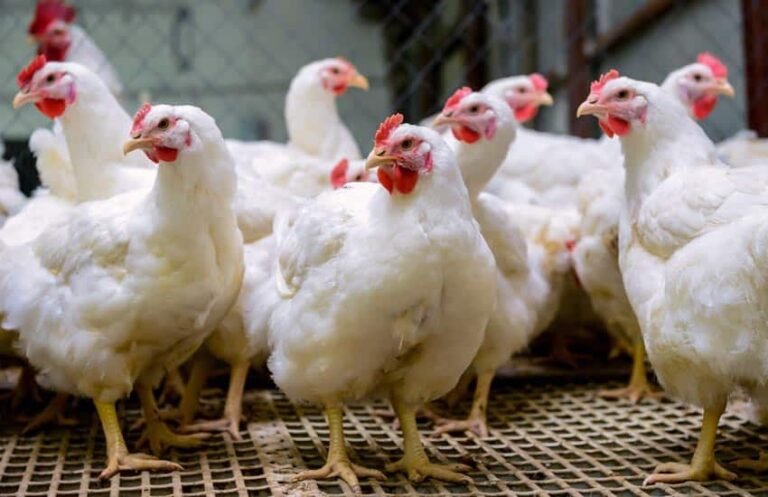

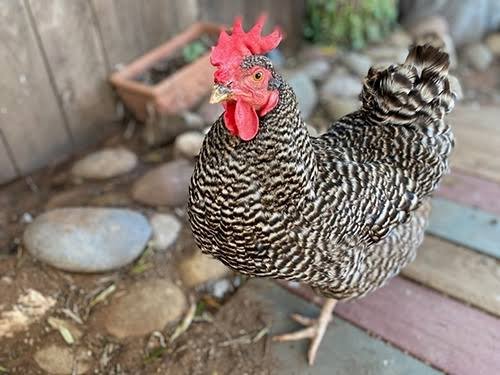
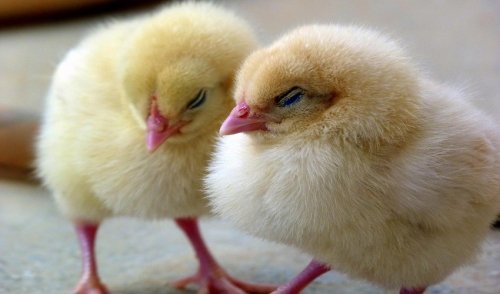
Insightful writeup. Thanks for these information, I have been binging on your writeups since I came across it yesterday. Initially, I was looking for some information on heritage turkey breeds on Google which brought me to your website. But I found other information on poultry keeping and I can’t seem to get enough. I am a new poultry farmer with my first sales {broilers) last December (I also have layers and heritage turkey breeds in my flock) i am currently planning on taking in new broiler birds and additional layer birds, your writeups are very handy and highly educative. It has helped me evaluate my performance and processes during my first broiler breeding season and caring for my other flocks. I am now better informed than I previously was.
Thanks and God bless you.
Thank you very much for this amazing comment. I’m glad that these articles are helpful.
Very grateful for this generous information. Exactly what I am looking for. But I would like to have some contact. The WhatsApp group is filled already.
Try again.
Thank you very much for the information,have been dealing with locally chicken but I have made up my mind to start raising Kroilers instead of broilers and layers. Am still reorganizing the funds then be ready to apply for tender if what you wrote isn’t business language only. Thanks very much I don’t have a website.
Highly educative. Keep up the knowledge sharing and enlightenment work sir
Thanks a lot.
Thank you very much.